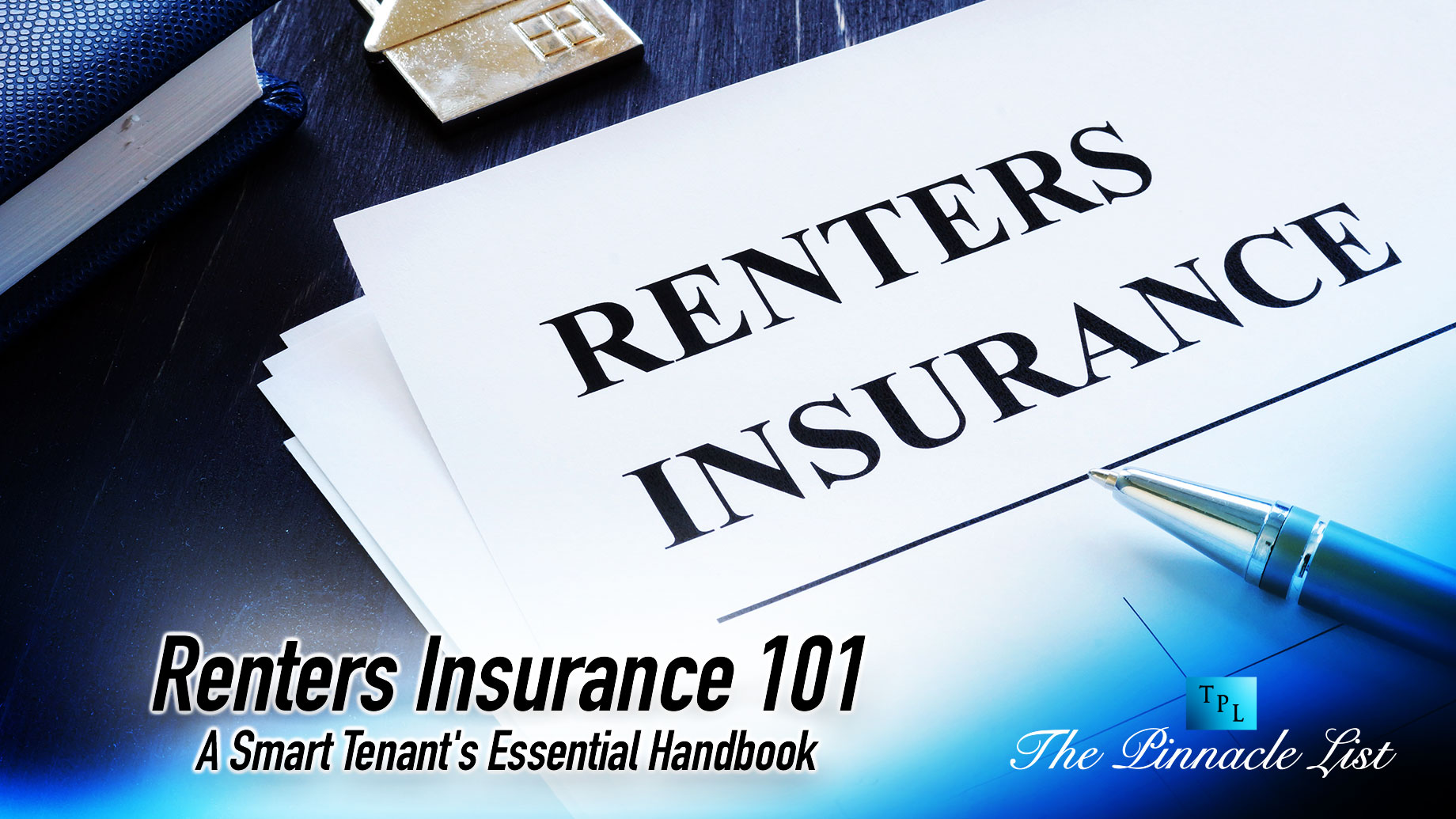
When it comes to renting a place to call home, there are numerous responsibilities and decisions that tenants must navigate. One often-overlooked aspect of renting is securing renters insurance, which can be a crucial safety net for both your belongings and peace of mind. This essential handbook will provide you with a comprehensive understanding of renters insurance, including its importance, and coverage options.
Understanding Renters Insurance
Renters insurance, sometimes called tenant insurance, is a type of policy that provides protection for tenants living in rented homes or apartments. This insurance covers your personal property, liability, and additional living expenses if your residence becomes uninhabitable due to a covered event.
The Importance of Renters Insurance
- Protection for Personal Belongings: One of the primary reasons to get renters insurance is to protect your personal belongings. Whether it’s electronics, furniture, clothing, or valuable items, renters insurance can help you recover the cost of replacing these items in case of theft, fire, or other covered perils.
- Liability Coverage: Renters insurance typically includes liability coverage. This can be a lifesaver if someone is injured in your rental unit, as it helps cover medical bills and legal expenses if you are found responsible for the injury.
- Additional Living Expenses: In the unfortunate event that your rental unit becomes uninhabitable due to a covered event, renters insurance can help cover additional living expenses, such as hotel bills and meals, until you can return home.
- Peace of Mind: Knowing that you are financially protected in case of unexpected disasters or accidents can provide peace of mind. Renters insurance ensures that you won’t be left with significant financial burdens in the event of a catastrophe.
Coverage Options
Renters insurance typically comes in two primary forms:
- Actual Cash Value (ACV): This type of policy covers the value of your personal property at the time it’s damaged or stolen, accounting for depreciation. While ACV policies are cheaper, they may not fully cover the cost of replacing your belongings.
- Replacement Cost Value (RCV): RCV policies, on the other hand, cover the full cost of replacing your belongings without accounting for depreciation. While they are more expensive, they provide better coverage and peace of mind.
Additionally, you can often purchase additional endorsements for specific items or situations, such as coverage for high-value jewelry or electronics.
Average Cost of Renters Insurance
The average cost of renters insurance varies depending on several factors, including the location of your rental property, the amount of coverage you need, your deductible, and the type of policy (ACV or RCV). On average, renters insurance in the United States costs between $15 and $30 per month, which equates to roughly $180 to $360 per year. However, the actual cost may be higher or lower depending on your circumstances.
In areas with higher crime rates or greater risks of natural disasters, the cost of renters insurance might be on the higher end of the scale. On the other hand, opting for a higher deductible or ACV policy can lower your monthly premiums.
It’s essential to shop around and obtain quotes from multiple insurance providers to find the best deal that suits your needs and budget.
Conclusion
Renters insurance is an essential safeguard for tenants, providing protection for your personal property, liability coverage, and assistance with living expenses in the event of unexpected disasters. While the average cost of renters insurance varies, it’s a relatively small expense for the valuable protection it provides. As a smart tenant, investing in renters insurance is a prudent decision to secure your peace of mind and protect your assets while renting your home.